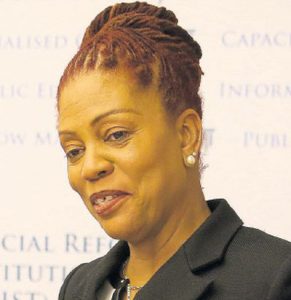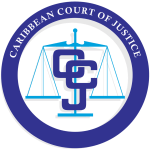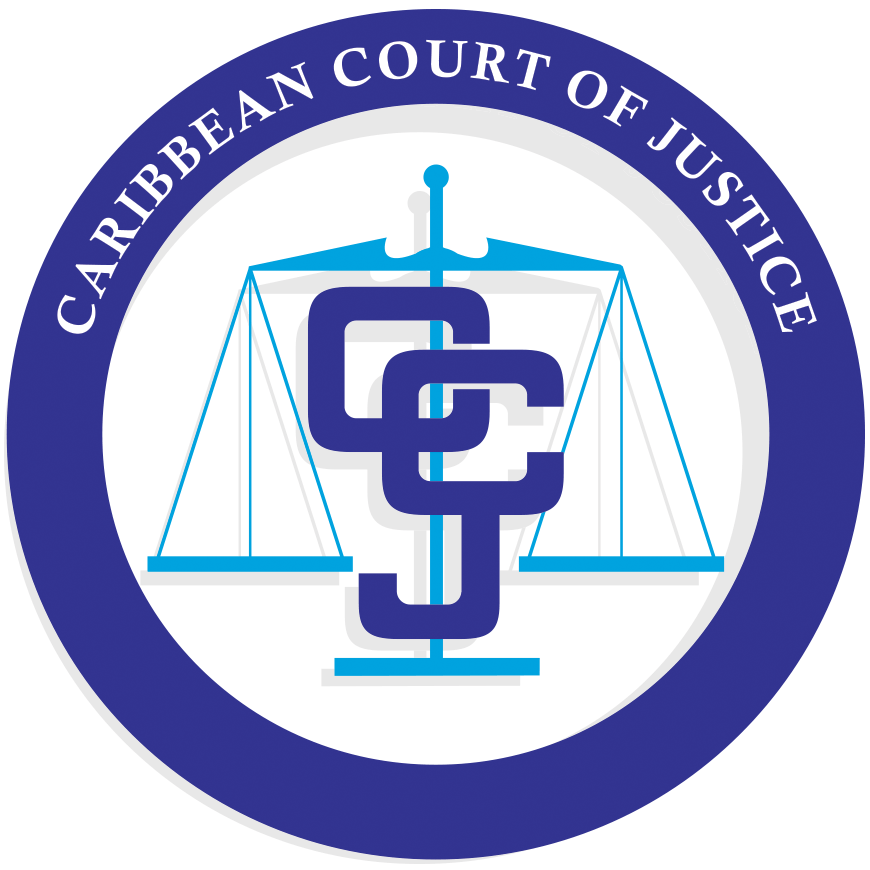 Survivors of rape and sexual abuse have accused police officers and medical examiners of being dismissive and rough when interacting with them—causing them to relive their trauma, perceiving them to be lying and sometimes leading to them not pursuing their complaints.
Survivors of rape and sexual abuse have accused police officers and medical examiners of being dismissive and rough when interacting with them—causing them to relive their trauma, perceiving them to be lying and sometimes leading to them not pursuing their complaints.
This was the word from Rape Crisis Society management member and social worker, Marian Taylor, at the launch of the Model Guidelines for Sexual Offence Cases in the Caribbean Region at the Hyatt Regency, Port-of-Spain, yesterday.
“Survivors need closure, which should be done in a timely manner to help them recover from traumatic experiences and develop trust in the justice system,” Taylor said.
Taylor provided differing perspectives of survivors who interacted with police officers and medical professionals during the course of filing a complaint to support her claim.
She reported that female survivors had voiced concerns that male police officers were “insensitive to their plight during interviews.”
Other feedback suggested survivors often prefer to be interviewed by female officers and even felt, “like criminals because of the treatment meted out to them.”
In the case of survivors who had suffered vicious attacks, Taylor said, “Not only do they experience flashbacks of the ordeal, but also the doctors were not sensitive to their trauma. They lacked gentleness and compassion while gathering evidence.”
Taylor claimed survivors who were minors at the time of the attacks, which had resulted in pregnancy, often complained of “victimisation” at the time of delivery by attendant nurses.
She said survivors were also critical of the justice system, as they believe too much time is allowed to elapse before the matters go to court. They also feel they are humiliated and their characters ripped to shreds in front their family and friends by defence attorneys during the court trial process. She said at the conclusion of a trial, survivors expressed feelings of worthlessness and re-victimisation.
“Because of this experience, most survivors have sworn never to pursue justice if they were the subject of rape again,” Taylor said.
Examining how the Model Guidelines for Sexual Offence Cases in the Caribbean could improve the lives of survivors, Taylor said it was tailored for the police and court systems in T&T, which could result in swift justice and also protect survivors from re-victimisation. She said one of the features of the guidelines was that it prevented defence attorneys from delving into the previous sexual history of a survivor in the court.
Courtesy: www.guardian.co.tt
Click here for the origional article.






